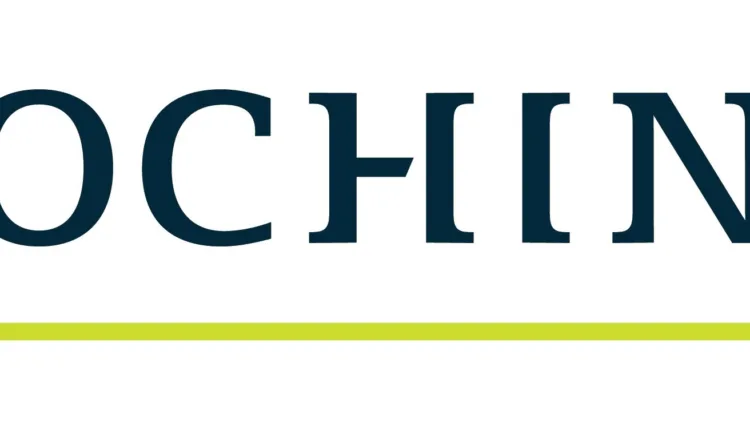
Specialty Health Care Boost in Rural Areas by EASE Act
TL/DR –
OCHIN supports the Equal Access to Specialty Care Everywhere (EASE) Act, a bill aimed at addressing community healthcare gaps through a national virtual specialty care network. The EASE Act proposes a system that integrates specialty care with electronic health records, leveraging digital tools such as eConsults, telehealth, and EHR-based clinical decision support. The move is expected to improve patient access, reduce healthcare costs, and address the growing wait times for specialty care appointments in rural and underserved communities.
Federal Support for Cost-Effective, On-Demand Healthcare Delivery Model
OCHIN enthusiastically backs the Equal Access to Specialty Care Everywhere (EASE) Act, a proposed congressional legislation to bridge community healthcare gaps. This initiative aims to establish a nationwide, virtual specialty care network.
The EASE Act proposes a demonstration model that would enhance clinical efficiencies in rural and medically underserved communities. This model would be in line with other payment models from the Center for Medicare and Medicaid Innovation, merging specialty care with electronic health records.
“Everyone ought to have access to timely specialty care, but rural communities face distinctive hurdles,” expressed Jennifer Stoll, Chief External Affairs Officer at OCHIN. Extending gratitude to the bi-partisan EASE Act champions, Stoll cited Representatives Michelle Steel, Susie Lee, and Andrea Salinas for their leadership in augmenting clinical capacity, elevating patient access, and curbing health care expenses in rural regions.
Rep. Steel highlighted the importance of telehealth in the health care scenario, stating, “This necessary move is crucial in avoiding pricey emergency room visits by allowing patients to address health concerns before they escalate.”
A recent OCHIN report reflects growing national trends in the wake of the COVID-19 pandemic. The analysis revealed a notable increase in average wait time for specialist appointments. Factors such as clinician shortages, aging populations, and systemic barriers (like transportation issues and lack of insurance) can disproportionately affect rural communities, potentially compromising patient health and increasing healthcare costs.
The EASE Act aims to mitigate these issues by proposing a network that provides specialty care through digital mediums such as eConsults, telehealth, and EHR-based clinical decision support. An OCHIN-led pilot study demonstrated that dermatology eConsults could lower follow up time for patients by an average of 45 days, with financial benefits for the clinic.
OCHIN has been a stalwart in health care innovation for over two decades, providing tools and technology to markedly improve health and wellness in rural and medically underserved communities. OCHIN supports over 32,000 providers serving approximately 6 million patients in about 2,000 care delivery sites.
About OCHIN
OCHIN is a nonprofit pioneer in equable health care innovation, trusted by a growing national provider network. With the country’s largest collection of community health data and over 20 years of research and solution expertise, OCHIN provides clinical insights and bespoke technologies to widen patient access, unite care teams, and boost the health of rural and medically underserved communities. Learn more at ochin.org.
—
Read More Health & Wellness News ; US News
